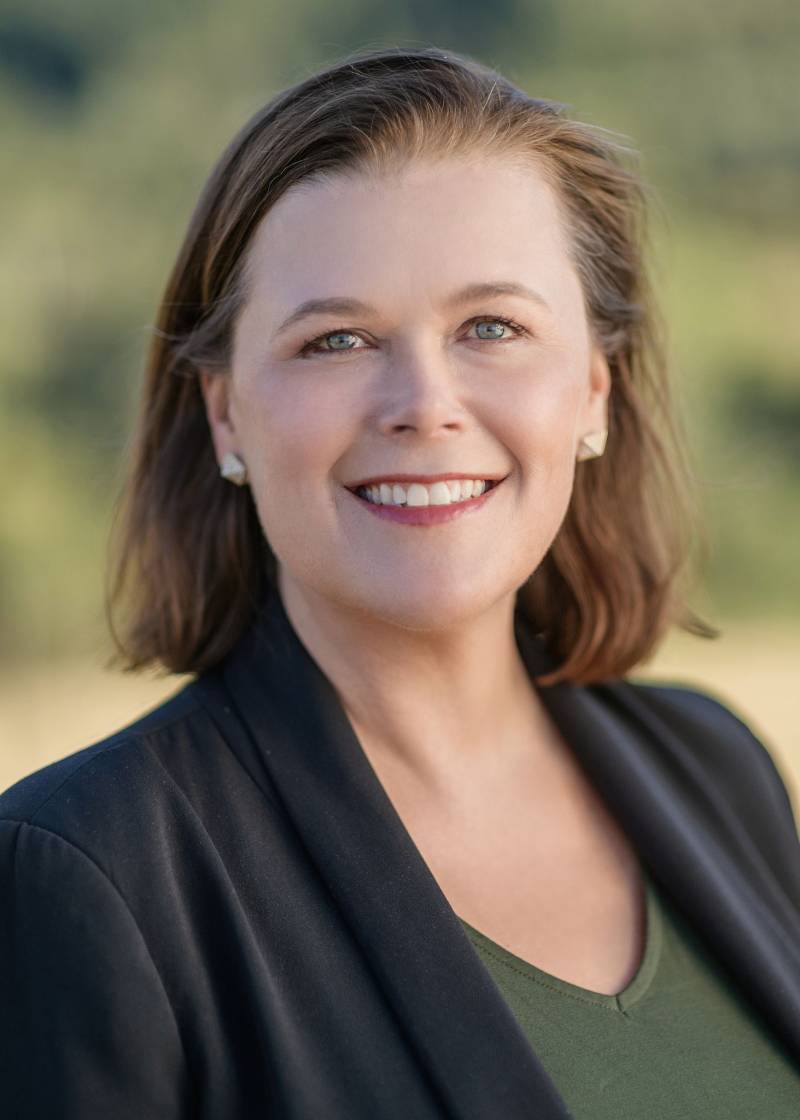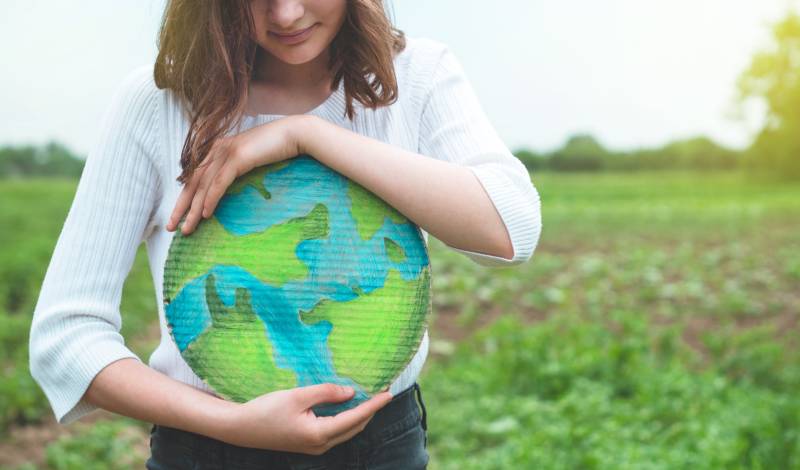Cady’s tears at the dinner table marked the moment this issue of eco-anxiety and intergenerational action hit home for me. I could pick up her backpack and trumpet, but how would I encourage more people to address the overwhelming problem of the climate crisis?
“Eco-Anxiety” Defined: It’s Global Warming and More
The term eco-anxiety, also called “climate anxiety,” is a relatively new trend that many doctors and psychologists are witnessing. In 2017, the American Psychological Association recognized eco-anxiety as a “chronic fear of environmental doom.” The Climate Psychology Alliance formed to train mental health professionals to identify and treat eco-anxiety. A recent survey of child psychiatrists in the United Kingdom discovered that 50 percent had clients who suffered from it. In a September 2021 international survey, one in four young people (ages sixteen to twenty-five) said that they likely won’t have children because of their worry about the climate crisis.
From FOMO to FODO
Late one night during the pandemic, I told Cady to put down her phone and added that she wouldn’t miss out on anything. It was an (online) school night. My anxious teen handed over her phone then remarked, “Mom, I’m not on social media because of FOMO [the fear of missing out]. My fear is the impermanence of human existence.” I gulped. She’d seen in the news that her birthplace, Medford, Oregon, and an estimated 500,000 people in the state were on evacuation notice because of raging forest fires.
My daughter and I joked (or not) about a new acronym for Gen Z’s constant screen use during the crises of 2020: it’s FODO, the “fear of [humans] dying out.” This is reality for Generation Z. They feel the sands through the hourglass, and not in a good way.
The Eco-Anxiety Trifecta: Anxiety, Loneliness, and Environmental Stress
For Gen Z, “eco-anxiety” has three aspects. First, children are suffering from generalized anxiety in greater numbers. Each child experiences anxiety differently, but the statistics are alarming. The National Institutes of Health indicates that 30 percent of American teens suffer from anxiety. Rates of teen anxiety, depression, and suicide have dramatically increased since 2011.
Second, Gen Z is the loneliest generation. More screen time and less in-person interaction mean a sense of isolation for them, even before the pandemic. In the 2018 Cigna Loneliness Index, Gen Z expressed “feeling like people around them are not really with them (69 percent), feeling shy (69 percent), and feeling like no one really knows them well (68 percent).” Our kids are lonelier than the elderly. In one survey, eight in ten Gen Zers experienced loneliness compared to five in ten Baby Boomers. Chronic loneliness can be as damaging to a person’s health as smoking fifteen cigarettes a day, which prompted the United Kingdom to appoint a loneliness minister in 2018.
Third is what Cady and I termed FODO, the hyperawareness of the climate crisis. Gen Z is asking what the future will look like, where they will live, and what their experience will be like on this planet. In a 2020 survey by the US Conference on Mayors, 80 percent of Gen Z agrees that “climate change is a major threat to life on earth”; one in four have taken direct action on climate change, and by three to one, Gen Z believes “the climate crisis warrants bold action.” They know that we must act fast. The coronavirus pandemic cracked open the truth of the intersectionality of public health, systemic racism, the economy, and the environment. Now the concept of eco-anxiety encompasses a generalized anxiety about the future.
In today’s culture we go to extraordinary lengths to help children avoid discomfort (like offering to pick them up in the rain and drive them to a climate protest) to ease our own anxiety about our children’s pain. Yet recent research shows that kids with clinical anxiety have to be part of the solution in dealing with their stress. Fixing it for them doesn’t help.
Like my daughters, the majority of Gen Zers are worried about climate change. A friend told me that of course my kids have eco-anxiety— it’s because they are my kids. I talk, write, and think about the climate crisis, so my kids would naturally be more aware of the issues. I encouraged her to ask her sons about it at dinner that night, and they said, “We think about climate change all the time, Mom.” They just hadn’t talked about it as a family.
This generational stress forces us all to think hard about what we’re leaving our children, but this situation isn’t new. Consider the anxiety of young people during World War I, World War II, Vietnam, and the nuclear arms race of the Cold War. That said, it’s time for some serious self-reflection on how we can implement cathedral thinking and build a healthier, more sustainable world as we protect the planet and future generations. Older generations need to share their experiences so Generation Z can see examples of hope and progress. And we need to take action to light the path forward. Yes, action can abate anxiety. Despite the enormity of the issue, we start small and then build momentum.
 Heather White is the Founder of One Green Thing and a nationally recognized conservation and environmental policy expert with more than 20 years of experience leading and advising non-profit organizations, including increasing organizational performance and directing innovative advocacy campaigns.
Heather White is the Founder of One Green Thing and a nationally recognized conservation and environmental policy expert with more than 20 years of experience leading and advising non-profit organizations, including increasing organizational performance and directing innovative advocacy campaigns.
 Cady rolled her eyes and patiently explained to me, her environmental lawyer mother, that having a parent drive her to a climate walkout defeated its purpose. She said she was sick of all the praise for Gen Z, that the planet was burning, and what were the Gen Xers and Boomers going to do about it? And then came her quiet tears. This response was the result of eco-anxiety.
Cady rolled her eyes and patiently explained to me, her environmental lawyer mother, that having a parent drive her to a climate walkout defeated its purpose. She said she was sick of all the praise for Gen Z, that the planet was burning, and what were the Gen Xers and Boomers going to do about it? And then came her quiet tears. This response was the result of eco-anxiety.


